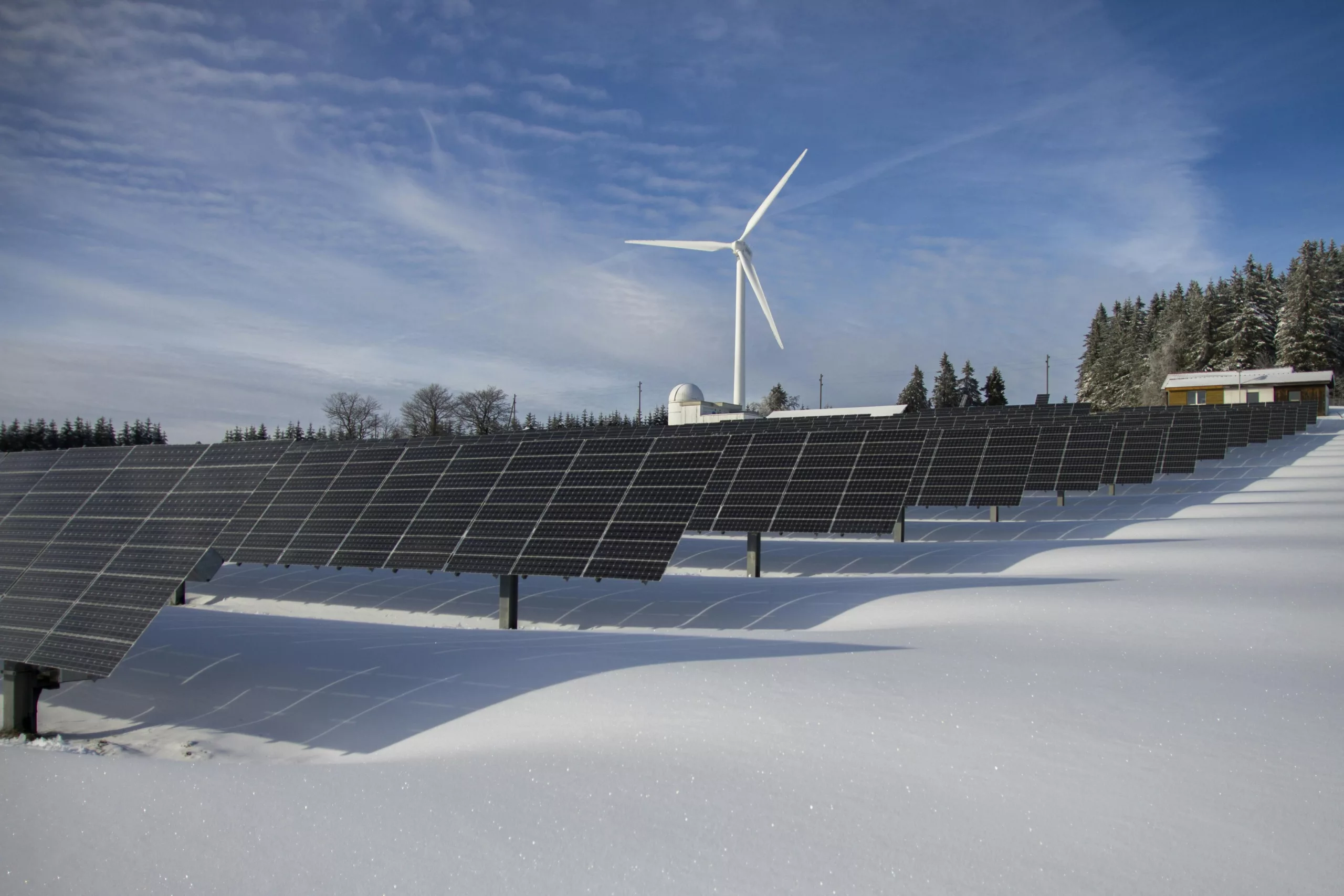The India Smart Grid Forum, a think tank leading the charge for sustainable energy in India, has been a platform for knowledge exchange and international collaboration. By leveraging technology, the forum ensures that insights and discussions reach a wide audience. In recent webinars, I have delved into the future landscape of electrical generation technologies, exploring which will prevail and which will become obsolete.
Future-Proofing Through Knowledge Sharing
The technological marvels of online recordings and AI transcription tools have made accessibility a non-issue, enabling the sharing of both webinar transcripts and accompanying slides.
The Role of Hydroelectric Power
Hydroelectric power, while an ancient method, will persist, comprising about 10% of our energy mix. With electrification gaining momentum across industries, hydroelectric’s role will evolve, and it will likely act as a passive battery, activated during energy lulls to complement the intermittent nature of wind and solar power.
Evolution of Coal and Natural Gas
Fossil fuels like coal are on their way out, with no room in future energy grids. Even as natural gas holds a minimal role, the emerging trend leans towards biomethane — a clean alternative with the advantage of repurposing methane emissions for energy rather than letting them contribute to climate woes.
Renewable Energy Takes Center Stage
Renewable energy, particularly wind and solar, is set to dominate the future energy landscape with affordable, highly scalable, and flexible solutions. Wind energy, accessible about 85% of the time across various conditions, and solar energy, with its simplicity in installation and maintenance, are paving the way for an era of cleaner energy.
Tapping into the Potential of Offshore and Commercial Solar
Offshore wind farms, not to be underestimated, enjoy steadier winds and easier logistics, bringing them closer to high-demand areas. Meanwhile, commercial solar solutions are becoming increasingly viable, with large buildings and warehouses presenting perfect venues for solar panel installations.
The Limits of Residential Solar and Geothermal Energy
Residential solar may not be as prevalent, with predictions of contributing merely 2%–3% to the global energy mix. For geothermal power, while useful in select geographies, its global impact remains limited, with a projected contribution of only about 1%.
Forging a Robust, Integrated Grid
The future grid will be comprehensive, accommodating a plethora of energy sources and leveraging advancements like high voltage direct current transmission. It will be the backbone of the energy ecosystem, supported by investments in grid storage solutions.
Questions and Insights
Cleaning Up Coal vs. Renewable Investment
Rather than investing heavily in scrubbing coal clean—a seemingly insurmountable task—it’s advised to pivot that investment toward building distributed grid storage. This storage can facilitate greater integration of renewable energy sources, aligning with the decline in battery costs and overall grid efficiencies.
Addressing Skepticism Around Solar Energy
Despite the intermittent nature of solar energy, advancements in storage technologies and strategic grid management allow for sufficient energy provision even during peak hours. Diversification of the grid and overbuilding solar capacity are strategies being adopted to counter the variability of solar generation.
Optimizing Energy Mix for India
While there is no one-size-fits-all answer for the ideal sustainable energy mix, models from thought leaders and Stanford researchers offer insights. India’s grid strategy, despite some overreliances, hints at a more renewable-focused future that could benefit from more emphasis on solar and wind energy and less on fossil fuels.
The transformation of the energy landscape is ongoing, with India poised to be both a beneficiary and a contributor to this renewable revolution. The backdrop of knowledge sharing and international cooperation plays a pivotal role in this transition, propelling the nation toward a sustainable and prosperous energy future.
